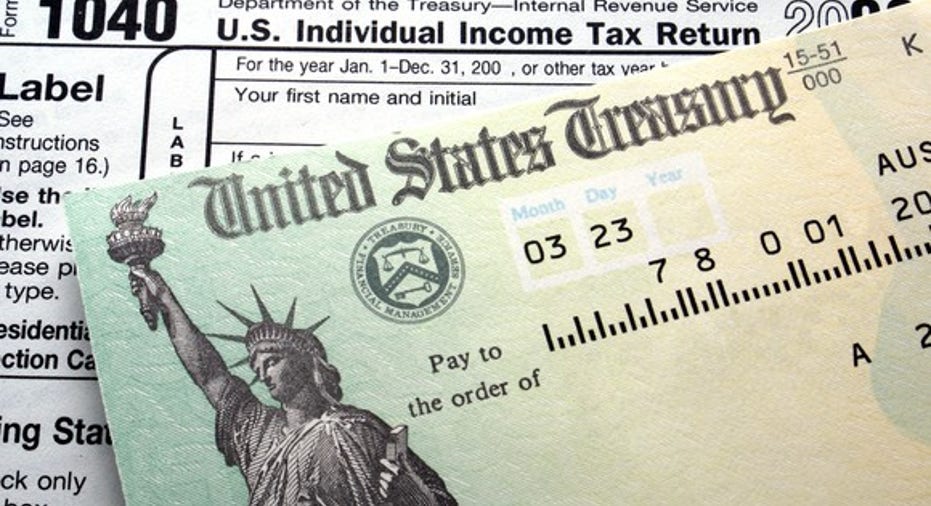Tax deadline looms: Top tips for late filers

The tax deadline for 2019 is approaching, and if you haven’t filed yet, now’s the time to think about getting your paperwork in order.
Filing past the April 15 deadline, without an extension, could lead to penalties.
The failure-to-file penalty is typically 5 percent of the amount of taxes owed for each month, up to a maximum of 25 percent. When a return is filed more than 60 days after the deadline, it is subject to a minimum late filing penalty that is the lesser of either 100 percent of the tax required to be shown on the return that was not paid on time, or a specific dollar amount that has been adjusted for inflation ($210 for returns due between Jan. 1, 2018, and Dec. 31, 2019).
If you fail to pay your taxes by April 15, the penalty is 0.5 percent of the taxes not paid. The penalty is weighed each month after the due date until the bill is paid or the levy reaches 25 percent of unpaid taxes.
In order to avoid paying a penalty to the IRS this year, here’s what you need to know as the deadline draws near:
Filing for an extension
If you know that you are not going to meet the April 15 deadline this year, file for an extension in order to avoid being hit with penalties.
The IRS has an online form to do so on its website, which must be completed by April 15. Alternatively, you can mail in paperwork.
It is important to note that receiving an extension does not delay the deadline by which you owe any tax payments. Failure to pay an estimate of obligations for the year could result in a penalty and accrued interest.
If you file for an extension, your documents will be due to the IRS by Oct. 15, 2018.
Payments can be made electronically to the IRS, which the agency says is the easiest way. You can also pay by check or money order, but cash payments are not accepted.
IRA contributions
If you plan on contributing to your IRA this year, you can do so by April 15 and collect the deduction on your 2018 taxes.
However, if you plan on opening an account, you may want to do so in advance, or the benefits may be applied to next year.
Contribution limits for a traditional IRA account rose to $6,000 in 2019, from $5,500 last year.
Reminder: scammers
Filing later in the season could put you at a heightened risk of being victimized by scammers, particularly those targeting refunds. According to the IRS, thieves use victims’ real information to file a fake return and then use various tactics to steal the refund.
You are at risk of fraud if, when you file, you receive a bounce back notification from the IRS that your Social Security number is already associated with a return. This indicates someone else has filed using your information.
Tax identity theft could lead to a lifetime of problems for the victim. Criminals typically need a name and a Social Security number to file a fake return – and once that Social Security number has been compromised it can cause problems forever.
CLICK HERE TO GET THE FOX BUSINESS APP
On a brighter note, in 2018, the Federal Trade Commission said reports of tax-related identity theft were down 38 percent when compared with the year prior.
For the future, experts often note the best way to avoid problems is to file early, so the agency accepts your return and not the fraudulent one.



















